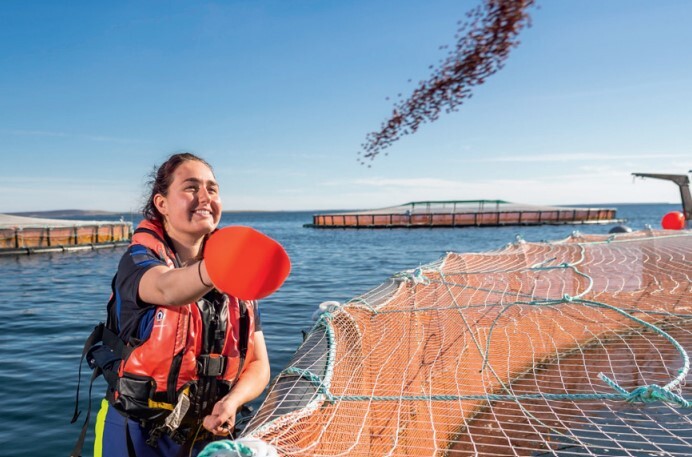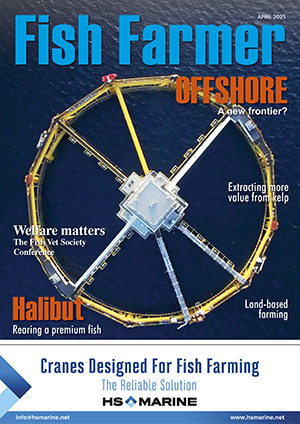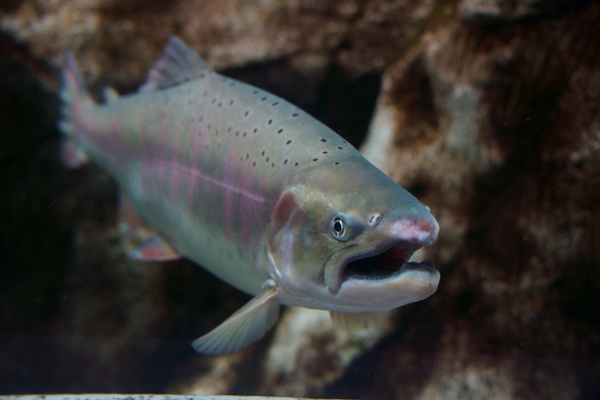Aquaculture's jobs paradox
Are job numbers in Scotland’s farmed fish sector rising or falling? Sandy Neil looks at the evidence presented to MPs.
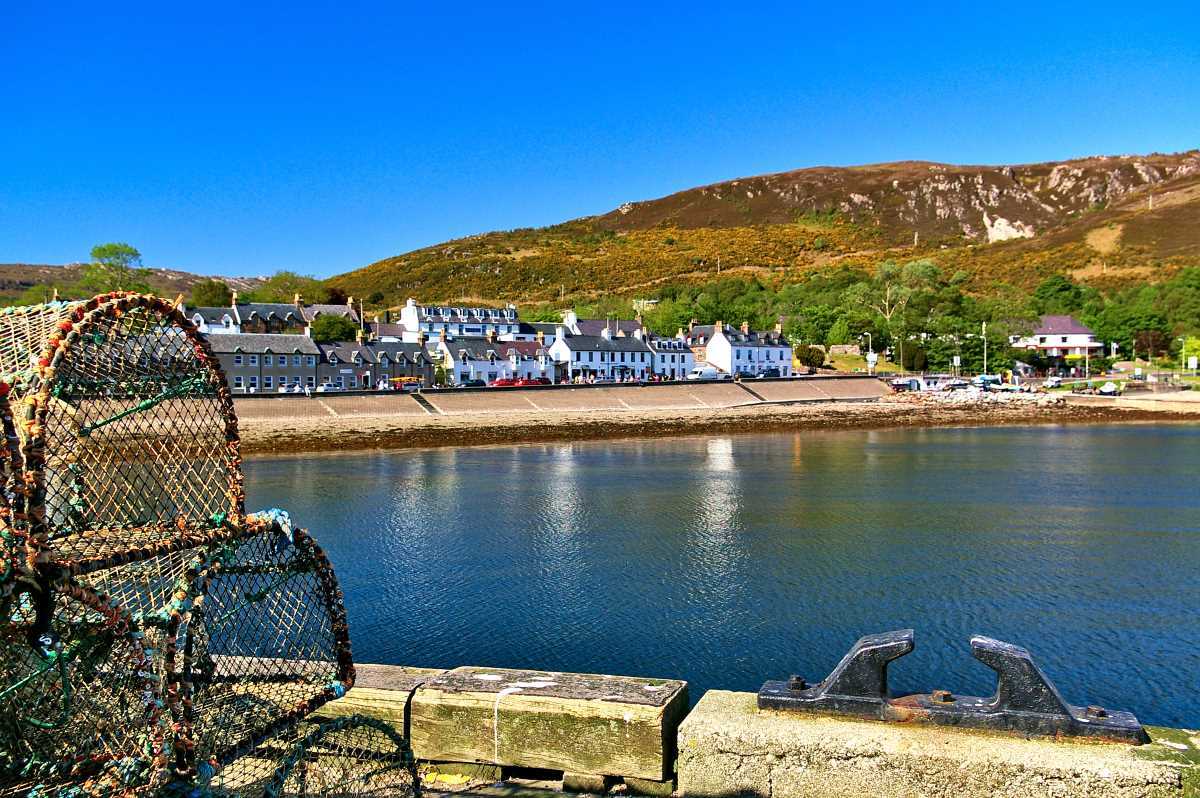
Scotland’s salmon farming industry, one of the largest employers in rural areas, told a Westminster inquiry that job numbers have risen “dramatically”, as it warns rural Scots are worried about a lack of local housing.
A one-off evidence session for the Scottish Affairs Committee in the House of Commons on 4 December was examining the industry’s contribution to Scotland’s economy and rural communities where fish farms are based.
On the same day, the trade body Salmon Scotland released a new poll showing Scots living in rural communities are “deeply concerned” about housing availability, the cost of living and depopulation.
It said more than 1,000 Scots living in the north-west Highlands, Argyll and Bute, the Western Isles, Orkney and Shetland were polled for the survey, conducted by the Diffley Partnership for Salmon Scotland.
The poll found 79% of Scots in the five regional areas are concerned about the availability of housing, with 90% concerned about the cost of living and inflation, and 50% concerned about people moving away.
James Park, Head of Insights at Salmon Scotland, said: “It’s clear that people in remote areas are concerned about the challenges of housing, the cost of living and the risk of people moving away to find work in the cities – who often never return.
“The money generated in our coastal and island communities should be reinvested locally to ensure that rural Scotland can thrive.”
Salmon Scotland has been calling for more of the millions of pounds in rent that fish farmers pay to Crown Estate Scotland to be reinvested locally.
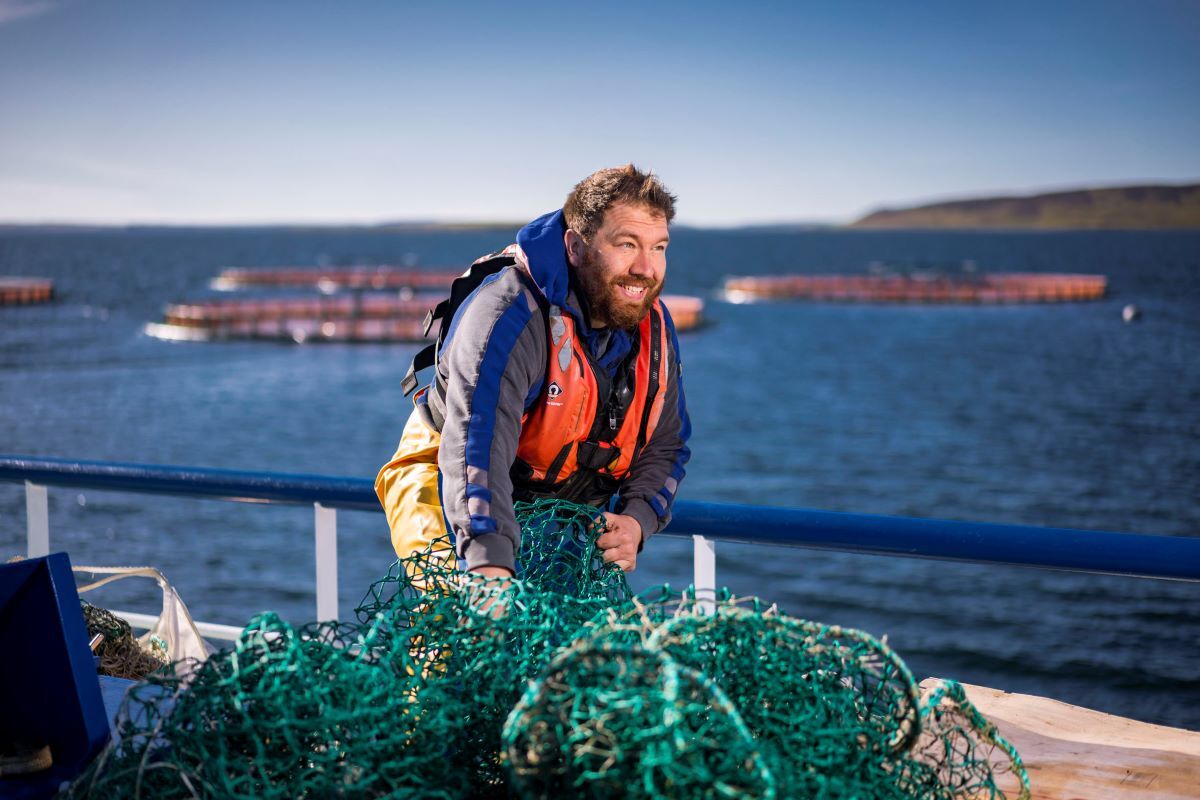
A question of jobs
That same day, MPs on Westminster’s Scottish Affairs Committee quizzed the two largest producers of Scottish farmed salmon, Scottish Sea Farms and Mowi Scotland, about their economic impact on rural areas.
The three witnesses were Salmon Scotland’s James Park, the Head of Sustainability and Development for Scottish Sea Farms Anne Anderson, and Ben Hadfield, Chief Operating Officer for Mowi Scotland.
The committee chair, Glasgow West Labour MP Patricia Ferguson, asked them to “outline the contribution that salmon farming makes to Scotland’s economy and the communities where the farms are based”.
Park began: “The sector has around 200 active farms, each of those farms acting as its own individual business. The contribution to the economy directly is in the region of £300 million, with an indirect contribution of in excess of £400 million, so getting towards three-quarters of a billion pounds each year in terms of a positive contribution.
“We employ 2,500 farmers directly around the west coast, Highlands and Islands, so geographically remote and fragile economies, but the supply chain impact is that we support a further 10,000 jobs across Scotland.”
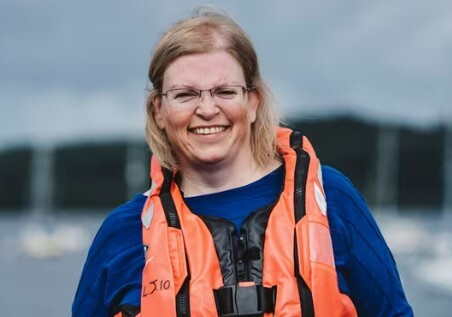
More jobs – but not on the pens
Ferguson sought further clarity on the job figures: “Salmon makes up the vast majority of the value of Scotland’s aquaculture sector,” she said, “but Scottish Government figures suggest that, while the sector’s economic value has indeed increased since 2016, the number of jobs it supports has not. Could you give any information on that? Why do you think that might be?”
Hadfield replied: “The company that I work for, Mowi, is one of the largest producers. In 2007 we employed 400 people. Now we employ over 1,600 people, so the jobs have gone up considerably but the vocations within salmon farming have become more technical and more highly paid.
“We have an average wage through the sector of about £37,000. You will see people who specialise in data management, in AI, in innovation. It has moved away from a large number of staff working on the farms, but the value chain has expanded significantly.
“When people want to criticise the industry, they often say: ‘Well, the number of people working on the farms has remained stationary or not increased or even in some cases gone down’.
“However, for the people working in this sector, which is increasingly complicated and involves processing and all the products that you will see in the supermarket over Christmas, the numbers have gone up dramatically.
People do not choose to reference that because they want to present that this is a lower level of employment than it actually is.”
Ferguson added: “The number of jobs in the whole operation has increased, but perhaps the number of jobs in the actual farms has remained relatively stable?”
“Yes,” replied Hadfield. “If you go back 20 or 30 years, it was a fairly simple industry, crofting based, a large number of sites. Those sites have been consolidated and become more efficient, larger and more automated, but the sectoral employment involves things like wellboats, service vessels and net manufacturing and processing, so it is a long list. That has expanded dramatically, and the value of that sector is incredibly high.”
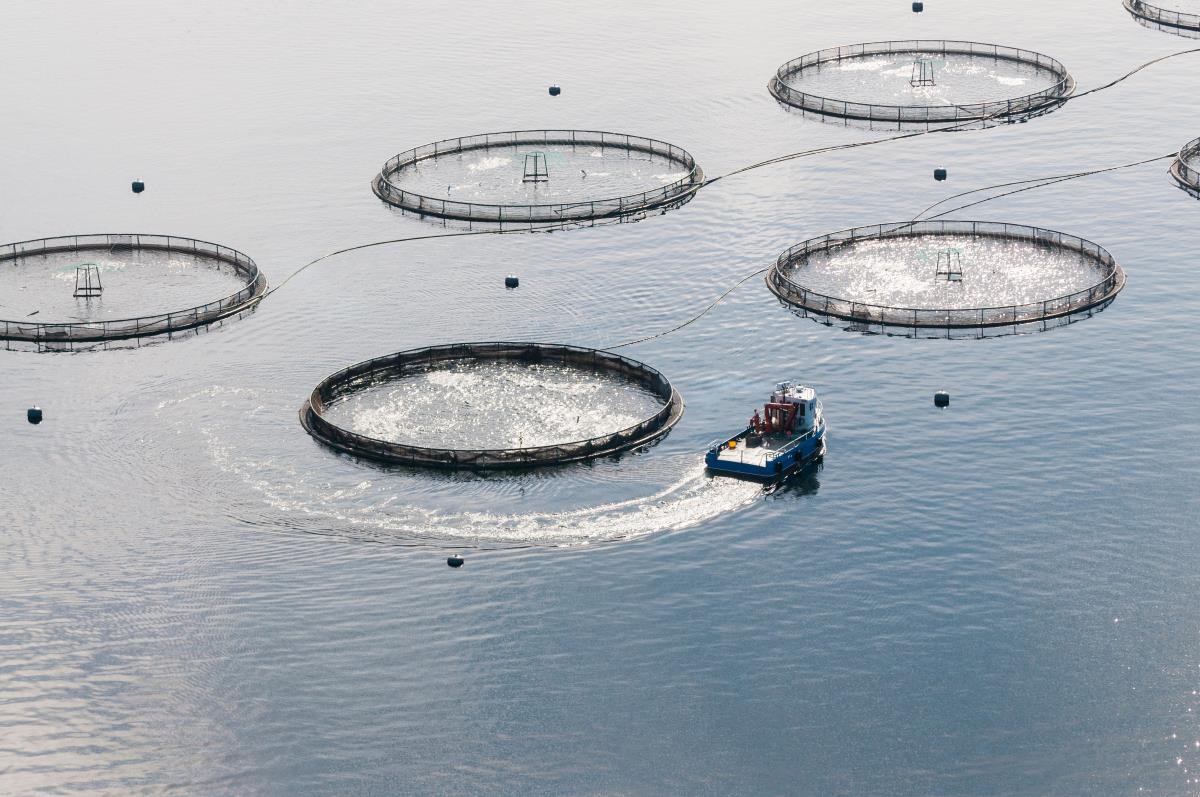
Training and skills
Changing tack slightly, Ferguson asked: “What is the industry doing to help deliver new jobs in Scotland, particularly in the more remote and rural communities?”
Scottish Sea Farms’ Anne Anderson replied: “One of the key things that the industry has been doing is working closely with the training providers, both in the schools and taking it right through the curriculum into universities, working very closely with Lantra and increasing the number of roles in modern apprenticeships across all businesses.
“The diversity of the roles and the range of positions that are now within the sector mean that we can actually access into every element of Scotland. Indeed, our supply chains already do, so every constituency in Scotland has someone who supplies into the salmon sector, but it is specifically around growing our own and bringing people through, so investing into rural education, working very closely with secondary schools in the areas that we work.
“In my own company, Scottish Sea Farms, about 35% of our workforce is specially designated as young persons and we are increasingly expanding in that area with the introduction of more apprenticeship roles. That is giving younger people in rural and remote communities across Scotland the opportunity to return home from education if they choose to go into academia. It also means that you can have returners coming back from other sectors into salmon farming.
“That higher average salary is very attractive, and it is very much essential to be able to support livelihoods. It plays a large part in our sector and plays a huge part in mitigating depopulation. One of the key challenges in all this is we have farms that are spread across the west coast and then across all the islands areas, and identifying and growing those farms, consolidating can also mean concern in terms of loss of roles.
“However, this is very much about strengthening and building resilience to make sure that we are retaining and growing each of those communities that we are such a central part of ourselves.
“We perhaps do not talk enough about what we do at a local level, but definitely in terms of educating and bringing individuals into the sector right from the school age and then supporting right the way through academia such that they can return back into those communities is absolutely essential.”
Mowi’s Ben Hadfield added: “There are about 75 vocations that you can take within aquaculture: obviously finance, the technical side, veterinary health, farming, both in freshwater and seawater processing - it is a long list, but you could encapsulate it into about 75 positions. We employ everyone, from people with PhDs or specialist processing and biotechnology knowledge to people who want to work and use their skills out on a farm in a very hands-on job.
“We employ a lot of people in Scotland and when people come and work they stay with the companies. I think all companies will experience a more than 15-year average turnover and in some cases much longer, so people stay, work, and maintain the Highlands and Islands. It is a very important industry that pays quite well in a remote area.”
See also Question Time, here
